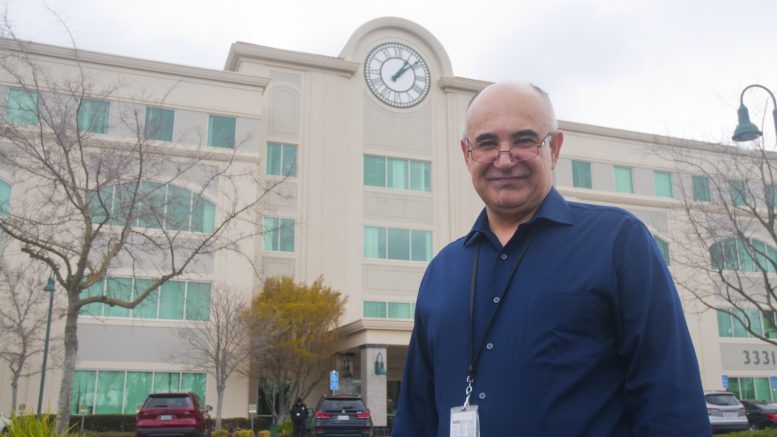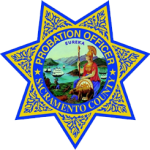Conservatorship supports those in need
By Anne Stokes
For 25 years, Rahim Opeyany has been a voice for those unable to speak for themselves. As a Deputy Conservator with the County of Sacramento, he is responsible for ensuring the safety and dignity of clients under his care, all of whom struggle to care for themselves.
“I had a conservatee, a lady who was in her late 60s. When I met her, she had a bandage on her face. I said, ‘What happened to your face?’ and she said, ‘A snake bit me,’” he remembers. Opeyany followed up with facility staff and found the care she was getting — antibacterial ointment and bandages — inadequate. He demanded an immediate doctor’s appointment, fortunately in time.
“It turned out to be cancer,” he says. “When the cancer was treated, this delusional ‘snake’ … was gone. She was healed, healthy, happy and enjoying her quality of life, just like me and you.”
“Conservatorship actually saves our conservatee’s life.”
Rahim Opeyany, LPS deputy conservator, County of Sacramento
What is conservatorship?
When someone, known as a conservatee, can’t provide for their own basic needs like food, clothing and shelter due to mental illness or neurocognitive disorder, a conservatorship may be needed. The lengthy legal process appoints a conservator to manage their personal well-being, estate or both. Depending on the conservatee’s condition and prognosis, they fall under one of two categories: Lanterman-Petris-Short (LPS), so named for the lawmakers who authored the act that protects those with grave mental illness like schizophrenia, and probate which supports those with major neurocognitive disorders such as Alzheimer’s disease and who are particularly vulnerable to financial abuse.
“Mostly our probate clients, … their decline came later in life so they have established finances, personal property, or real estate,” explains Raquel Cote, Supervising Deputy Public Guardian and Acting Program Manager for the Public Administration/Public Guardian/Public Conservator program. “For folks who don’t have family or friends and they’re being taken advantage of by an abuser, we can come in and we’re that force to be reckoned with.”
Under both LPS and probate, conservators are authorized to oversee everyday aspects of conservatees’ life like managing money, authorizing medical care, securing housing and oftentimes making sure they’re safe from themselves. Conservators work with clinical and medical providers to ensure conservatees benefit from the most appropriate care and least restrictive environment possible.
Ideally a conservator would be a family member or relative who’s familiar with the conservatee. When no one is willing and able to provide such care, the court appoints one.
How do you initiate a conservatorship? Are there oversights?
The LPS conservatorship process starts with a referral to the county’s Public Administrator/Guardian/Conservator agency. It’s then reviewed by an investigator who interviews the potential conservatee, their medical treatment team and family members and, if appropriate, petitions the court for conservatorship. Conservatees are assigned a public defender to ensure their rights are not violated and wishes are heard. A judge then reviews the case and, if criteria are met, authorizes a temporary conservatorship. If the conservatee is still unable to care for themselves, it’s extended. For LPS clients the conservatorship status is reviewed annually. For probate clients, there are annual reviews to ensure they’re able to enjoy the least restrictive environment possible.
“There are many layers of oversight prior to the petition being granted,” Cote explains. “Once the petition is granted, there is continued oversight: Every dollar spent [is reviewed by] the court and the court has to approve each accounting.”
Support, not subjugation
Despite recent high-profile cases of abuse by private conservators, conservatorship is designed to ensure the safety and well-being of conservatees.
“Conservatorship actually saves our conservatee’s life,” Opeyany says. “I always want to make sure they enjoy life, … I advocate for their freedom, for their rights and make sure they have the best treatment available.”
For more information, about the Public Administrator/Guardian/Conservator programs visit Sacramento County’s Department of Child, Family and Adult Services online at dcfas.saccounty.net or call 916-875-4467.


























